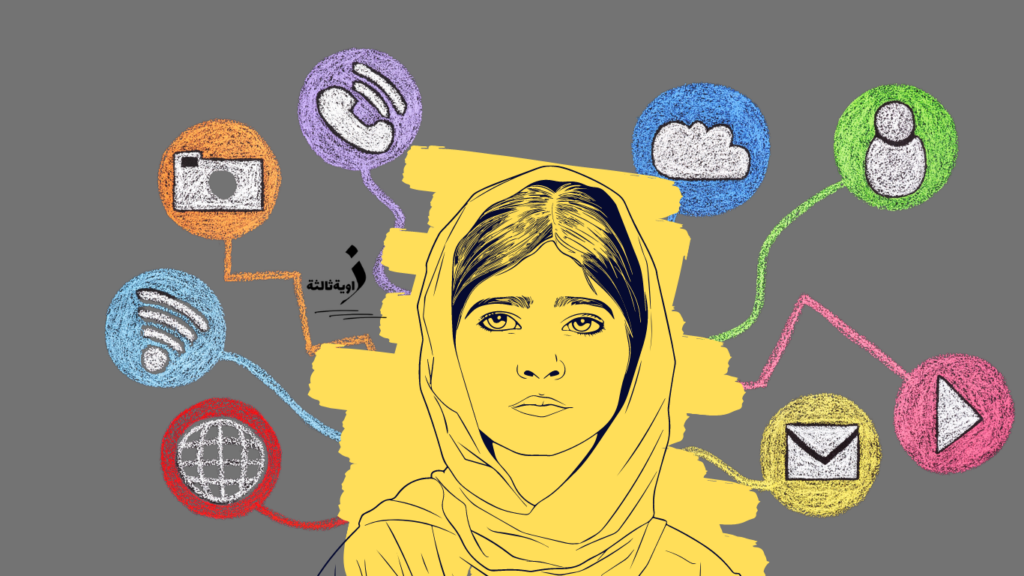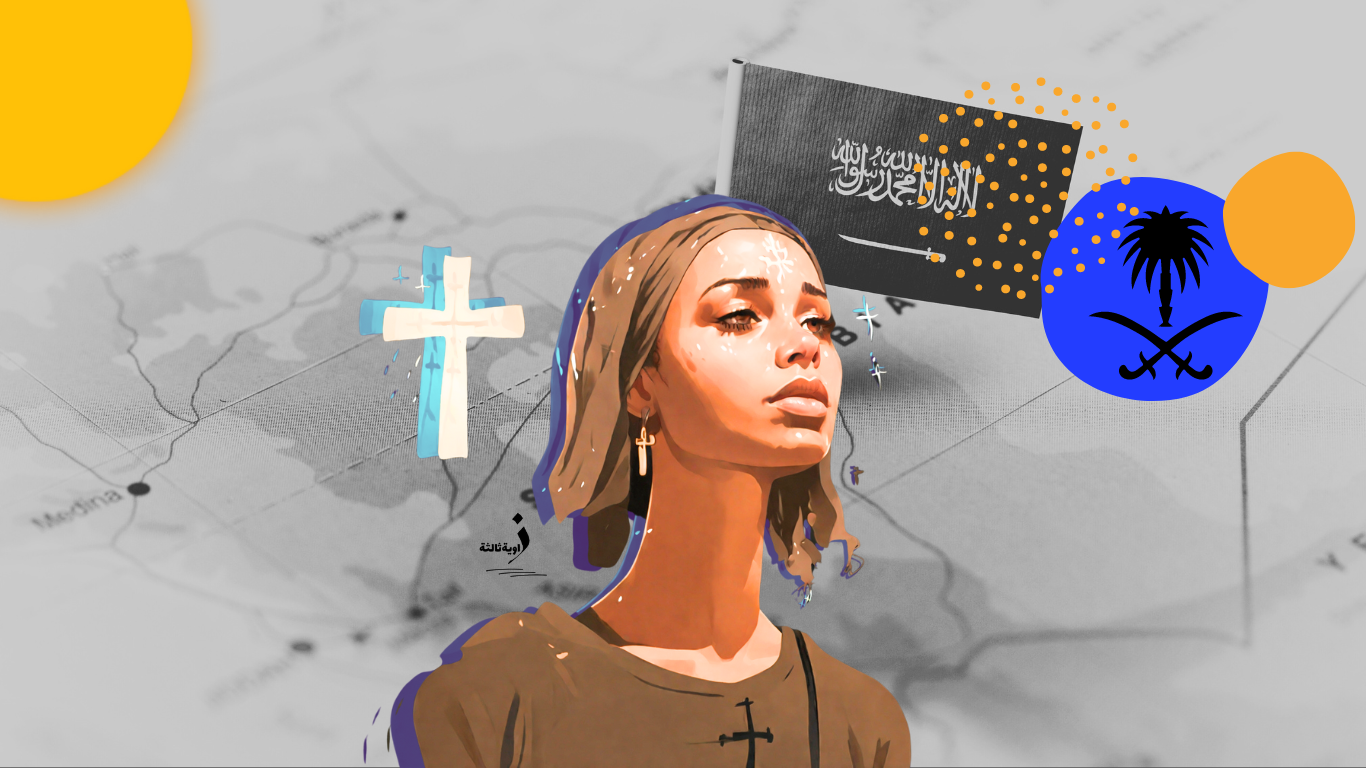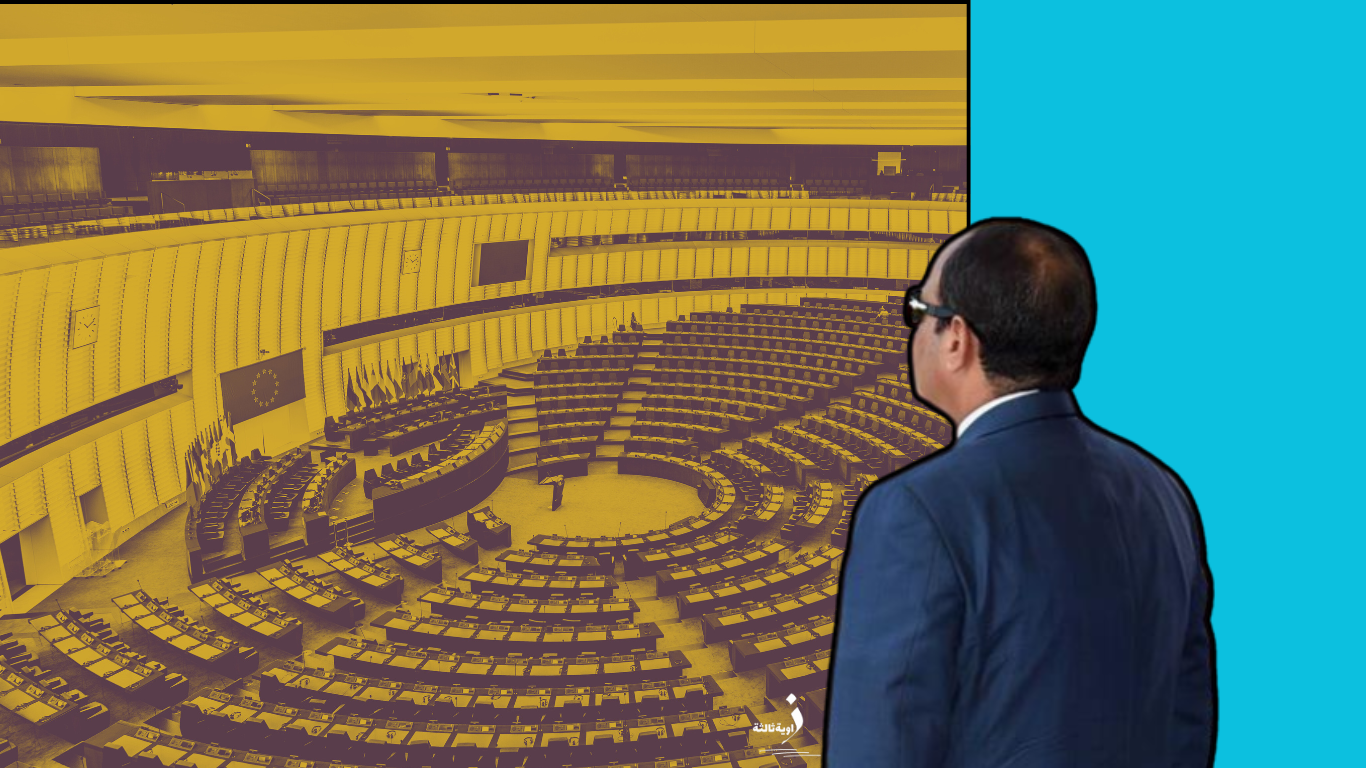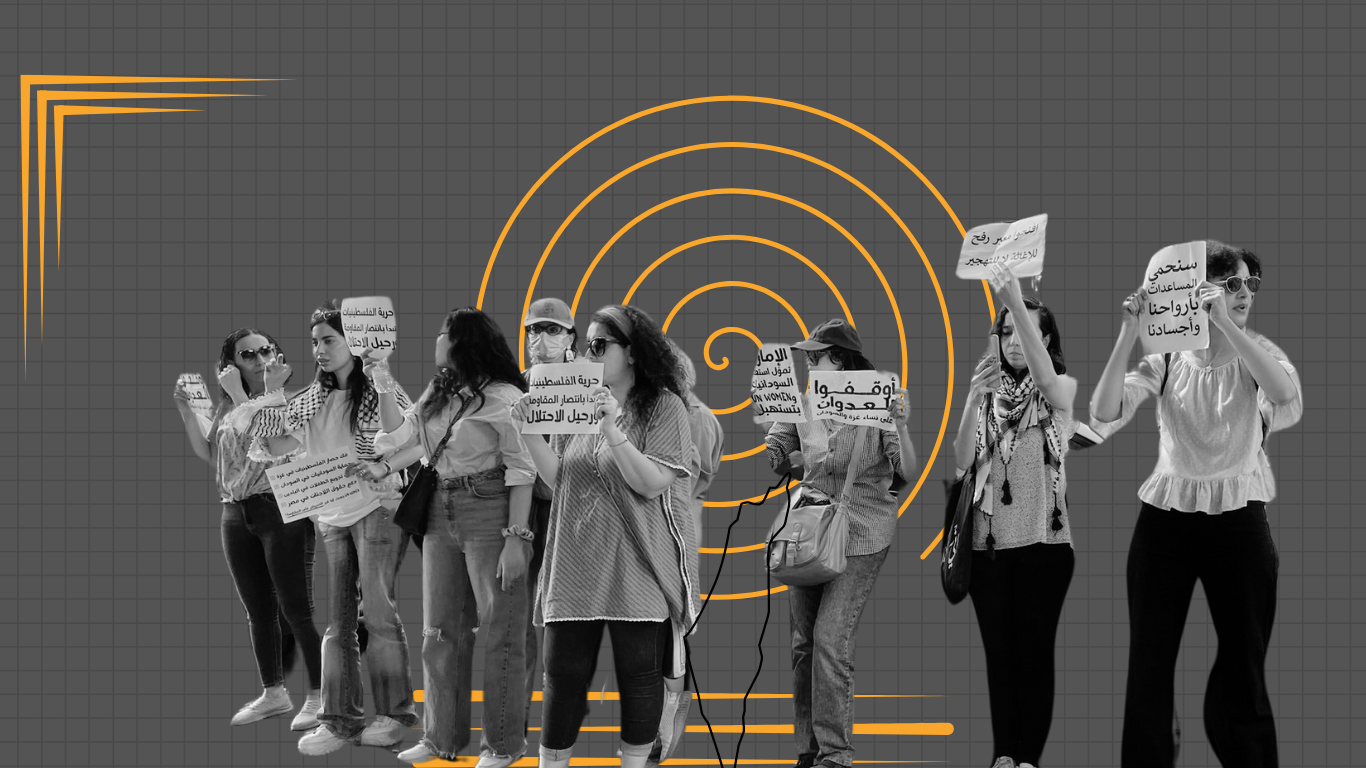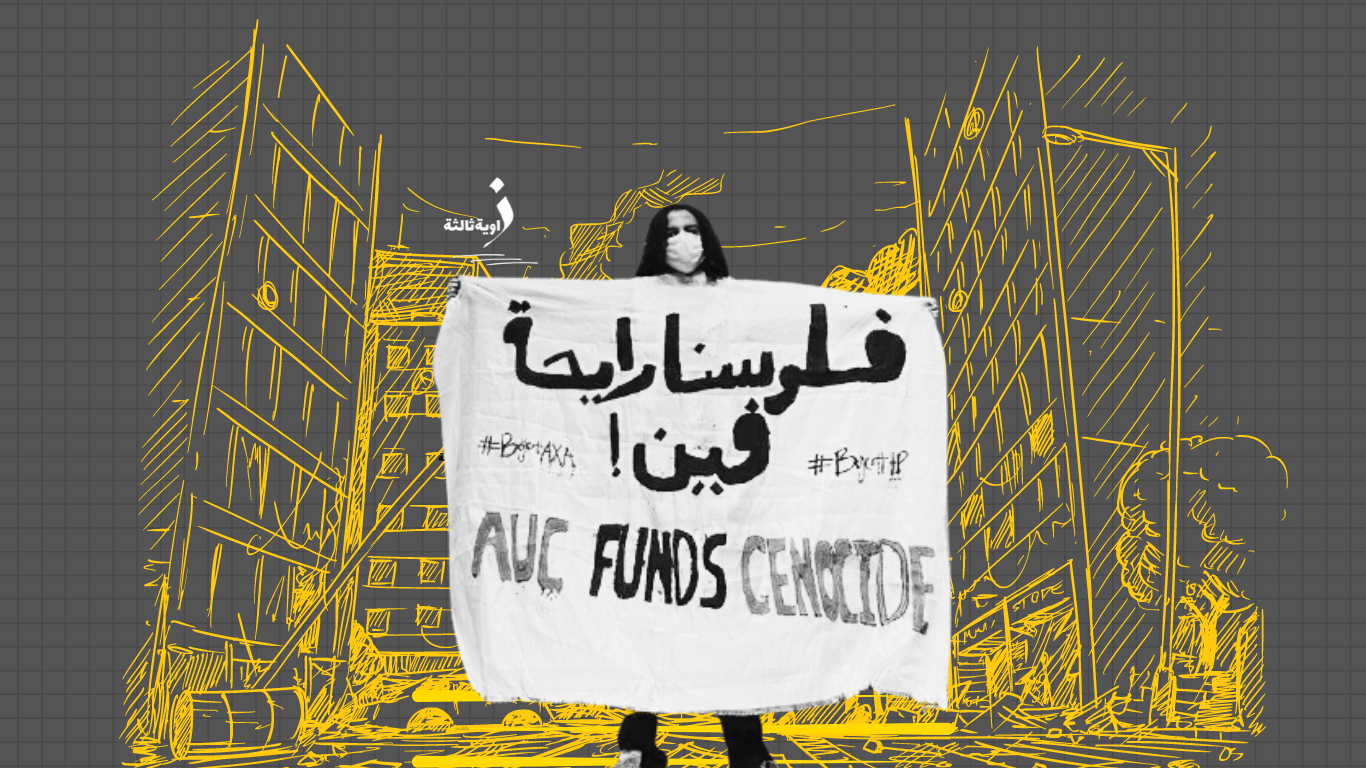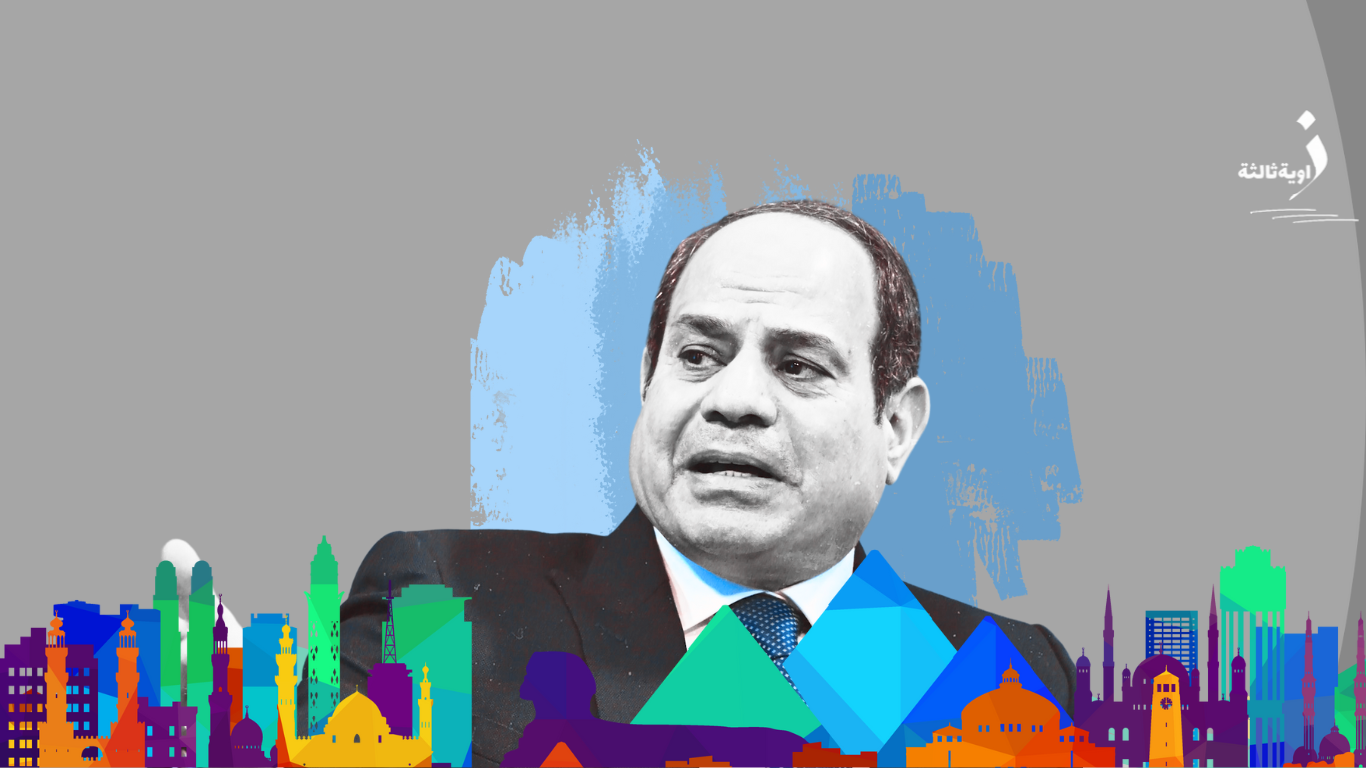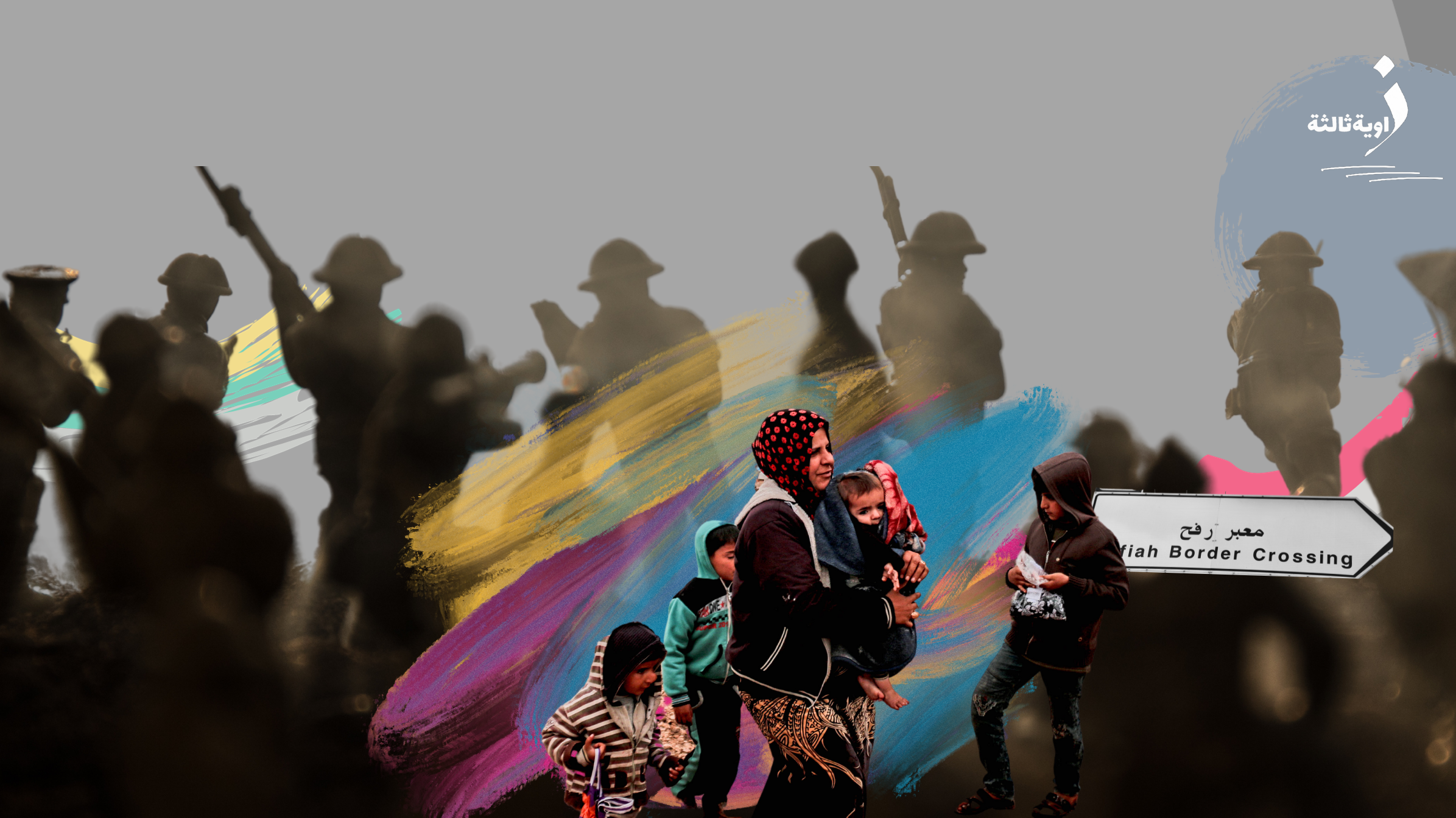“Maiar” couldn’t imagine that her previous emotional relationship with a fellow student, which didn’t exceed the boundaries of admiration, phone calls, and social media chats, would ruin her life. After he published her personal photos within a WhatsApp group, accompanied by insults, slander, and defamation against her, along with conversations between her and her ex-partner, the situation escalated when her older brother found out through a mutual friend in the group.
The 18-year-old university student residing in Giza was shocked to find her brother physically assaulting her, accusing her of moral deviation and bringing shame to their family. She didn’t understand what was happening and burst into tears, denying and defending herself in front of her parents. However, her brother showed them recorded excerpts from the group. Consequently, her father decided to confine her to the house, confiscating her mobile phone and forbidding her from going to university. This punishment lasted for about a month before her classmates testified in her favor, informing her parents that their daughter was a victim of a classmate who she refused to engage in a sexual relationship with. However, her family refused to file a complaint, fearing scandal. Her brother resorted to solving the problem through violence, by confronting the perpetrator, physically assaulting him, and forcing him to delete his posts. Maiar, however, was not compensated for the defamation, psychological damage, domestic violence, and temporary deprivation of education she suffered.
Saad, a 45-year-old woman, is being blackmailed and defamed due to photos and videos of her with a person she had an emotional relationship with after divorcing her husband. Despite months passing since their relationship ended, he resorted to blackmailing and threatening her as soon as he learned of her return to her husband. He demanded she buy an expensive tablet for him, or else he would send the pictures and videos to her husband and family, accusing her of infidelity.
Saad, a teacher at a private school in Cairo, says she initially ignored his threats, but began to feel scared after some parents of the students she gives private lessons to were informed about her situation. Some of them apologized for sending their children to her classes, and she doesn’t rule out the possibility of the same happening with the school administration. Although her friend advised her to file a complaint against him, she fears her husband finding out and divorcing her publicly, exposing her in front of her children, family, and acquaintances.
![]()
The societal burden of blame exacerbates depression
There is no official statistic defining the rates of digital violence against women in Egypt, but a study conducted in 2022 and published on “Digital Arabia” network indicated that the rate, which globally stands at one in every three women, is significantly higher in Egypt. The country has a female population of 50,741,279 according to the Population Report issued by the Central Agency for Public Mobilization and Statistics.
The study confirms that victims of digital violence suffer from depression, familial and societal blame, guilt feelings, anxiety, sleep disturbances, and some have suicidal thoughts. Most law enforcement officials being male, coupled with the conservative Egyptian culture that often blames the victim if she decides to report the abuse, exacerbates the situation during reporting processes when dealing with authorities.
The United Nations defines digital violence as any act of violence committed, aided, or aggravated through the use of information and communication technology (such as mobile phones, the internet, social media, computer games, text messages, and email) against a woman because she is a woman.
According to a survey conducted by the United Nations Population Fund, the National Council for Women, and the Central Agency for Public Mobilization and Statistics in 2015, approximately 7.8 million women suffer from all forms of gender-based violence annually.
A survey conducted by the International Plan Agency on digital violence in Egypt revealed that 24% of girls who experienced cyberbullying feel physically unsafe, about 42% suffer from psychological and emotional effects, 42% of females subjected to digital violence lose self-respect or self-confidence, and 18% of them have study-related problems.
![]()
Digital Weapons: Tools Used to Spread Hatred
Nesma El-Khatib, a human rights lawyer and founder of the “Sanad Legal Support Initiative for Women,” confirms that the initiative has received numerous cases of digital violence against women. Among the most prominent are electronic threats to women expressing their personal opinions on social media. Additionally, cases of digital violence can escalate to domestic violence, such as posting pictures of girls on social media platforms with one or more young men or next to them holding a cigarette box, and these images reaching their families. This has resulted in incidents of assault, torture, and arbitrary detention at home, alongside cases of electronic blackmail related to sensitive photos or videos of girls or women, or footage of a previous romantic relationship, which perpetrators or third parties use to blackmail and threaten them with publication.
El-Khatib warns in her interview with Zawia3 of the existence of groups like “Doshmall” on Telegram, which post pictures of feminists, activists, and journalists, defaming and inciting violence against them. Some victims have filed complaints against them, which were recorded, leading to an increase in violence against women that can escalate to murder. Especially concerning is that these inciting groups often adopt a religious guise and operate in an organized manner akin to electronic militias. She points out that she herself is one of their victims, having been subjected to defamation, incitement, and excommunication after her criticism of a famous preacher.
El-Khatib says she has assisted victims in filing reports with internet investigations and the public prosecutor’s office against the perpetrators. One of these reports was referred to the public prosecution. However, she complains about the lengthy legal procedures for reporting digital violence crimes. After filing a report with internet investigations, it takes a full day to complete the process, during which the victim must access their personal accounts and print chat transcripts. Then, it takes 15 days for forensic examination before sometimes receiving a response that the perpetrator could not be identified, and the case is referred to the public prosecutor’s office, which determines the punishment based on the type of crime.
![]()
The Risks of Sharing Images Online
Lawyer Noha Sayed, the Executive Director of the Voice Initiative for Women’s Support, believes that one of the most prevalent forms of recent digital violence is defamation due to rejection of a request or a romantic relationship. This can involve a young man posting private photos and videos of a girl on a social media page with the intention of defaming her or sending voice messages containing insults, slander, and threats to her personal account after breaking off their engagement.
She emphasizes in our conversation that defamation is a crime according to Egyptian law, and considers any dissemination and circulation of someone’s data or images without their consent to be an electronic crime under Law No. 175 of 2018 on Combating Cybercrimes.
Noha considers the phenomenon of sharing personal photos on social media groups to be a societal disaster. Many young people are unaware that this constitutes a punishable offense, and it exposes women to the dangers of threats, surveillance, and sometimes even murder. She notes that teenage girls are the most vulnerable group to digital violence and domestic violence due to their lack of experience and constant fear of disclosing the violations they face.
The human rights lawyer links the inciting male groups against women to the lack of awareness and knowledge and the absence of a dedicated law to combat violence against women. Although a unified violence law has been proposed that addresses crimes and incidents related to women, it has not been approved yet. Dealing with these groups requires direct complaints from the victims, which often necessitates proving the validity of the claim, a task that can be difficult in some cases or leads to the complaint being archived after a certain legal period.
![]()
Assisting Victims of Digital Violence
Feminist activist Aya Monir, the founder of the Super Woman Initiative, believes that sharing photos of girls, stalking them, and defaming them on groups within applications like Telegram do no provide user protection and do not respond to messages from women-supporting institutions to block them. This represents one of the newly emerged forms of violence against women due to the spread of hate speech against them and the desire to tighten patriarchal control. This is because girls’ photos become material for harassment, stigmatization, and defamation, posing a danger to the safety of girls and their families. It’s difficult to trace these actions, and she considers that Egyptian society is ready to accept such forms of digital violence, which often turn into domestic, marital, or divorce-related violence. What prevents women from reporting is their fear of domestic violence, social stigma, or expulsion from university, considering them the weakest link in society. She notes that university students are the most targeted group.
In her interview with Zawia3, she adds that social media has blurred social classes and created a state of tension and anger. Some social media influencers have reinforced male culture and incited against women. Young ages no longer see tracking and stalking as a problem. There are extremist groups that previously incited against religious dissidents but have now turned to inciting against women to attract attention. She calls for commitment to safe browsing, caution in relationships, and refraining from sharing personal information or sending private photos to anyone. She points out the existence of a digital clinic affiliated with the “Super Woman” campaign specializing in digital consultations, examination, insurance, and support for cases of digital violence.
On her part, women’s rights and gender consultant Lamiaa Lotfi mentioned the various forms of digital violence against women, including stalking on social media, blackmailing with photos and information for money, material or sexual services, secretly filming women in public places, publishing their photos, and commenting on their bodies, as done by pages like “Al-Qannaas”. Also, spreading information and photos and insulting their owners or sending them to their families, friends, or partners, exposing them to the risk of domestic violence, detention, or deprivation of education, work, or divorce. She adds that social diseases have moved to social media, and thus society considers electronic violence perpetrators as serving to protect it from the moral corruption of girls.
![]()
Effective Penalties for Creating a Safe Environment
In his conversation with Zawia3, Major General Ali Abaza, the former head of Internet Investigations, clarified that any woman or girl subjected to any form of digital violence, such as threats, extortion, or defamation, can now file a report at the nearest police station or file a complaint at the Information Technology Department in the Security Directorate, based on instructions from the Minister of Interior. He emphasized that filing complaints regarding information crimes is no longer limited to the Central Region Complaints Unit located in Abbasia Square.
The former head of Internet Investigations explains that penalties for digital violence crimes range from misdemeanors to felonies, and they are divided into fines, imprisonment, or imprisonment and fines together. The prison term for felonies related to information crimes, such as electronic extortion, can reach up to 15 years.
Meanwhile, Mohammed Alyamani, the founder of the Resist Initiative to combat electronic extortion crimes, states that anyone who publishes someone else’s photo without their consent commits a crime, and any insult written constitutes defamation. He notes that the majority of those involved in image sharing groups are teenagers below the legal age who are unaware of the severity of their actions. Additionally, the catastrophe of sending nude videos or photos exposes the sender to extortion, defamation, and circulation in the unsafe virtual world, which has become more dangerous after the COVID-19 pandemic. He calls on telecommunication companies and the Ministry of Education to raise awareness about digital security.
Alyamani explains to Zawia3 that fear is the biggest problem associated with electronic extortion, and it may lead the victim to commit a crime or suicide. Many girls often turn to others through Facebook groups to solve their problems resulting from digital violence, making them prey to more than one blackmailer. Sometimes the blackmailer is a close acquaintance or neighbor. Therefore, it is essential for parents to understand the problem and not engage in victimizing the victim, but rather assist her in taking legal action.

